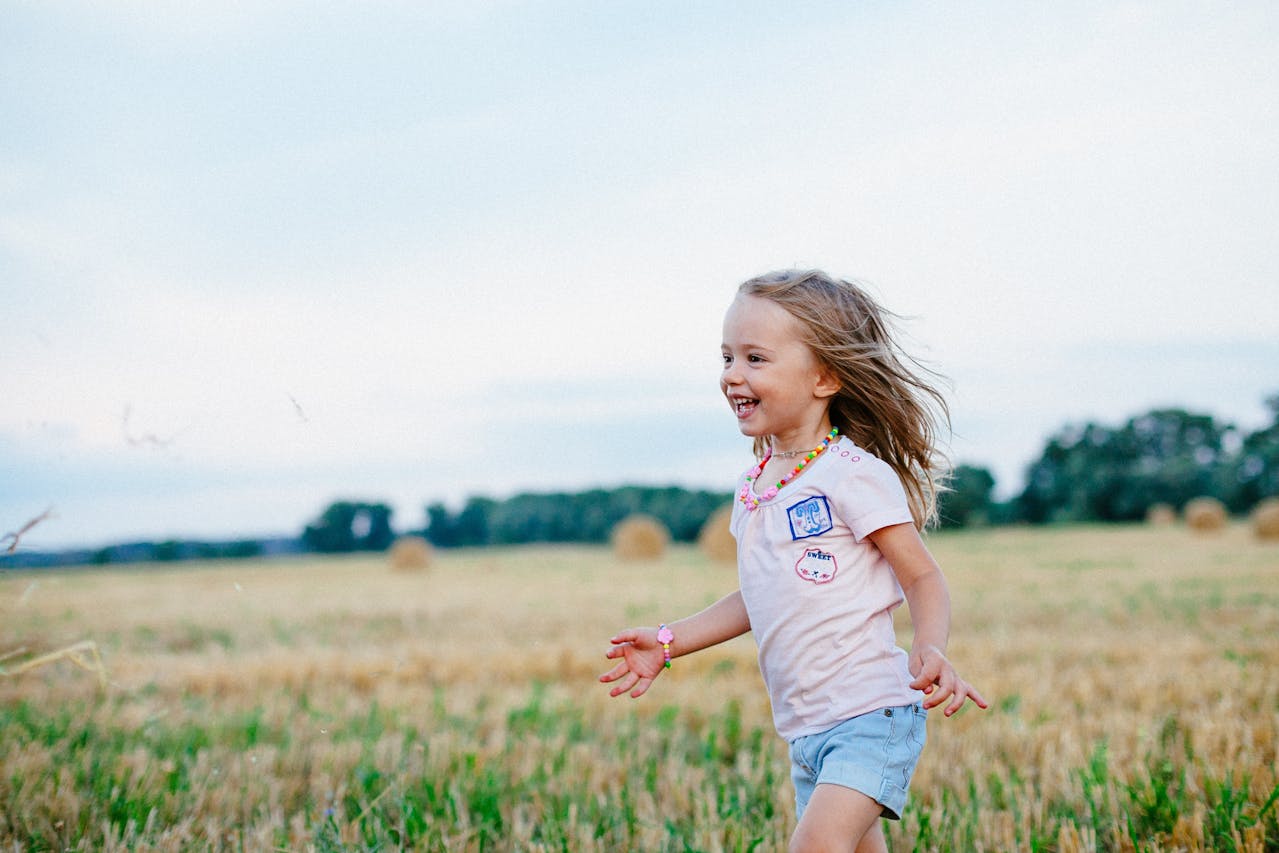
In an era marked by environmental challenges and a growing need for sustainable living, instilling the values of sustainability in young children is crucial. Early childhood is a formative period where attitudes and behaviors are shaped, making it an opportune time to introduce concepts of eco-consciousness. To better understand why it’s important to teach young children sustainability, let’s explore this topic, emphasizing its long-term impact on both the planet and the individuals they will become.
Developing environmental awareness
Initiating discussions about sustainability from a young age allows children to develop an early awareness of environmental issues. By introducing them to the importance of preserving natural resources and reducing waste, we teach future generations to be attuned to the needs of our planet.
Incorporating hands-on activities, such as planting trees or tending to a school garden, can make these concepts tangible for children. Also, teaching children is not just about plants but also about the interconnectedness of ecosystems and the role they play in nurturing the environment. In a way, these experiences serve as building blocks for a sense of responsibility towards the environment.
Connecting with nature
Fostering a connection between young children and nature is vital for cultivating a love and respect for the Earth. Through outdoor activities and nature walks, children can develop an appreciation for the beauty and complexity of the natural world.
Engaging in activities like bird watching or identifying local flora not only enhances observational skills but also instills a sense of wonder and curiosity. This connection lays the groundwork for a deeper understanding of the delicate balance in ecosystems. For example, Insight Early Learning, a childcare center from Australia, uses W.I.S.E. philosophy – Wisdom, Innovation, Sustainability, and Equity. It has an active excursion program taking children on guided nature walks, teaching them about local plants, and animals, and the importance of preserving biodiversity.
Reducing waste
Teaching children the importance of reducing waste is a fundamental aspect of sustainability. Introducing concepts like recycling, reusing, and reducing, helps children understand their role in minimizing the impact of human activities on the environment.
Simple practices such as creating crafts from recycled materials or participating in a waste-free lunch day at school can make the learning process enjoyable. By making waste reduction a part of their daily routine, children can carry these habits into adulthood. Fittingly, in Japan, some schools have successfully implemented a “Zero Waste Challenge,” encouraging students to bring lunches with minimal packaging and promoting waste-conscious habits.
Conserving energy
Incorporating lessons on energy conservation helps children understand the broader implications of their actions on the environment. Activities such as turning off lights when not needed or being mindful of water usage in daily routines empower children to become conscious energy consumers.
To reinforce these lessons, teachers and parents can involve children in energy-saving initiatives within the community, like participating in a local energy conservation campaign. These experiences create a sense of shared responsibility for sustainability and heightened awareness of the importance of energy conservation.
Promoting sustainable food choices
Introducing the concept of sustainable food choices encourages children to think beyond their breakfast, lunch, and dinner. For example, discussions on the impact of food production on the environment, coupled with activities like planting a small vegetable garden, provide tangible examples of sustainable agriculture.
By understanding the journey of food from farm to table, children gain insights into the importance of supporting local farmers and choosing products with minimal environmental impact. Implementing such early lessons can influence their dietary choices as they grow older, fostering an understanding of sustainable food practices from a young age.
Cultivating empathy
Sustainability education fosters empathy by helping children understand how their choices impact not only their local environment but also communities worldwide. Learning about global environmental challenges, such as deforestation or pollution, instills a sense of shared responsibility for the planet.
Moreover, engaging in projects that highlight the interconnectedness of ecosystems across the globe, like pen-pal programs with children from different regions, nurtures a broader perspective. This global awareness creates the foundation for young people to actively seek solutions to international environmental issues, encouraging a united front for global conservation.
Encouraging critical thinking
In order to learn about sustainability, young children’s education should involve encouraging critical thinking about the consequences of their actions. Engaging in discussions about cause and effect in environmental contexts helps children develop a thoughtful approach to the decision-making process.
Try activities, like eco-friendly scavenger hunts or role-playing scenarios where children can brainstorm sustainable solutions to experience critical thinking first-hand. Learning this skill set will equip them to analyze situations and make informed choices in their daily lives, encouraging them to propose solutions to environmental challenges within the community.
Final words
The importance of teaching young children about sustainability can’t be exaggerated. Values of eco-consciousness and connection with nature can help youngsters address the complex environmental challenges they will inherit. The investment in early sustainability education doesn’t only benefit the individual child but contributes to building a more sustainable and compassionate world for generations to come. Ultimately, teaching young children about sustainability is about empowering them to become responsible stewards of the Earth.
Written by Nina Simons
About the Author
Nina is a digital nomad, yoga aficionado and a travel enthusiast with a distinctive taste for home decor and fashion design. She's passionate about learning new things and sharing meaningful ideas. If you wanna see what she's up to, you can find her on Twitter.
You may also like
7 Different Ways to Cut Down on Waste in Your Business
How to Help Your Business Become More Sustainable?
Sustainable Parks and Why We Should Invest in Them
The Benefits of Solar LED Lights
